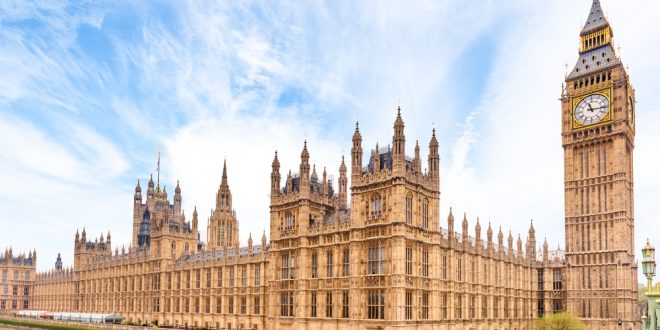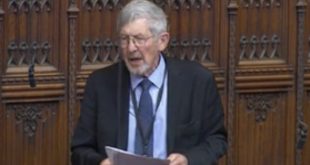A research team from the National Institute of Economic and Social Research (NIESR) has stated that better estimates and in-depth studies are required to help understand the societal impacts of problem gambling.
The guidance forms part of the NIESR report published on 14 April, titled: “The Fiscal Costs & Benefits of Problem Gambling.“
As cited in the executive summary, “This report examines the fiscal benefits and costs of gambling, focusing on the fiscal burden to the Exchequer associated with harms arising from problem gambling”.
The study was conducted by the NIESR research team of Arnab Bhattacharjee, Peter Dolton, Max Mosley, and Adrian Pabst, applying the data sets from the Office for National Statistics (ONS), the UK Wealth and Assets Survey (WAS), and the Adult Psychiatric Morbidity Survey (APMS).
Of distinction, the NIESR underlined that its research differs from the 2021 study conducted by Public Health England (PHE), “which, due to methodological challenges, elected to combine the at-risk and problem gambling populations together and compare the results to the general population”.
Instead, the NIESR team split groups into the respective classifications of problem gambling severity to compare “associations between each other rather than to the general population”.
As such, the report estimates that approximately 380,000 people, or 0.7% of the population, aged 16 and above living in private accommodation suffer from problem gambling in the UK.
Providing a breakdown of costs and comparisons via tax receipts, it is believed that the average fiscal cost per person experiencing problem gambling is around £3,700 per year, more than those at risk.
Problem gambling costs encompass £57 for GP visits, £1,200 for hospital visits, £85 for police callouts, £24 for court appearances, £43 for homelessness support, and £2,300 for benefits payments.
Researchers noted that problem gamblers are more likely to require public services than at-risk gamblers, including being twice as likely to require GP services, nine times more likely to need hospital treatment, and four times more likely to need homelessness support.
Considering welfare factors, the estimated total fiscal cost of problem gambling ranges between £1.1bn to £1.7bn per year – in which the NIESR study settles on a figure of £1.4bn per year in social costs.
The estimate is based on a “95% confidence interval of 300,000 to 470,000 people experiencing problem gambling, or 0.57-0.87% of the population aged 16 and above living in private accommodation,” using data from Health Survey England (HSE).
However, NIESR underlined that its own calculations remain limited, as its team was unable to account for the costs of “affected others, which arise from the links between gambling, debt, and family breakdown, or the costs of suicide linked to problem gambling” – due to an overall limited data.
Impacts are weighed against Betting & Gaming Duties and corporation tax receipts, in which UK gambling is reported to generate the government approximately £3.5bn annually.
The NIESR recommends that policymakers acknowledge the fiscal costs of problem gambling in the Government’s proposed regulatory changes as part of the Review of the 2005 Gambling Act in the White Paper.
Future research on societal costs should include clear screening diagnostics on Wealth and Assets Survey rounds and the updating of fiscal estimates with the 2022 Adult Psychiatric Morbidity Survey data.
The Gambling Commission should expand large-scale data collection in relation to the association between problem gambling and “affected others”, and between problem gambling and suicide.
In conclusion, the study emphasizes the need for improved estimates of the fiscal costs and benefits of problem gambling to better understand its impact on society and the economy. Better estimates will help policymakers and stakeholders weigh the consequences; a greater depth of research should provide valuable insights to help guide future policy making.









